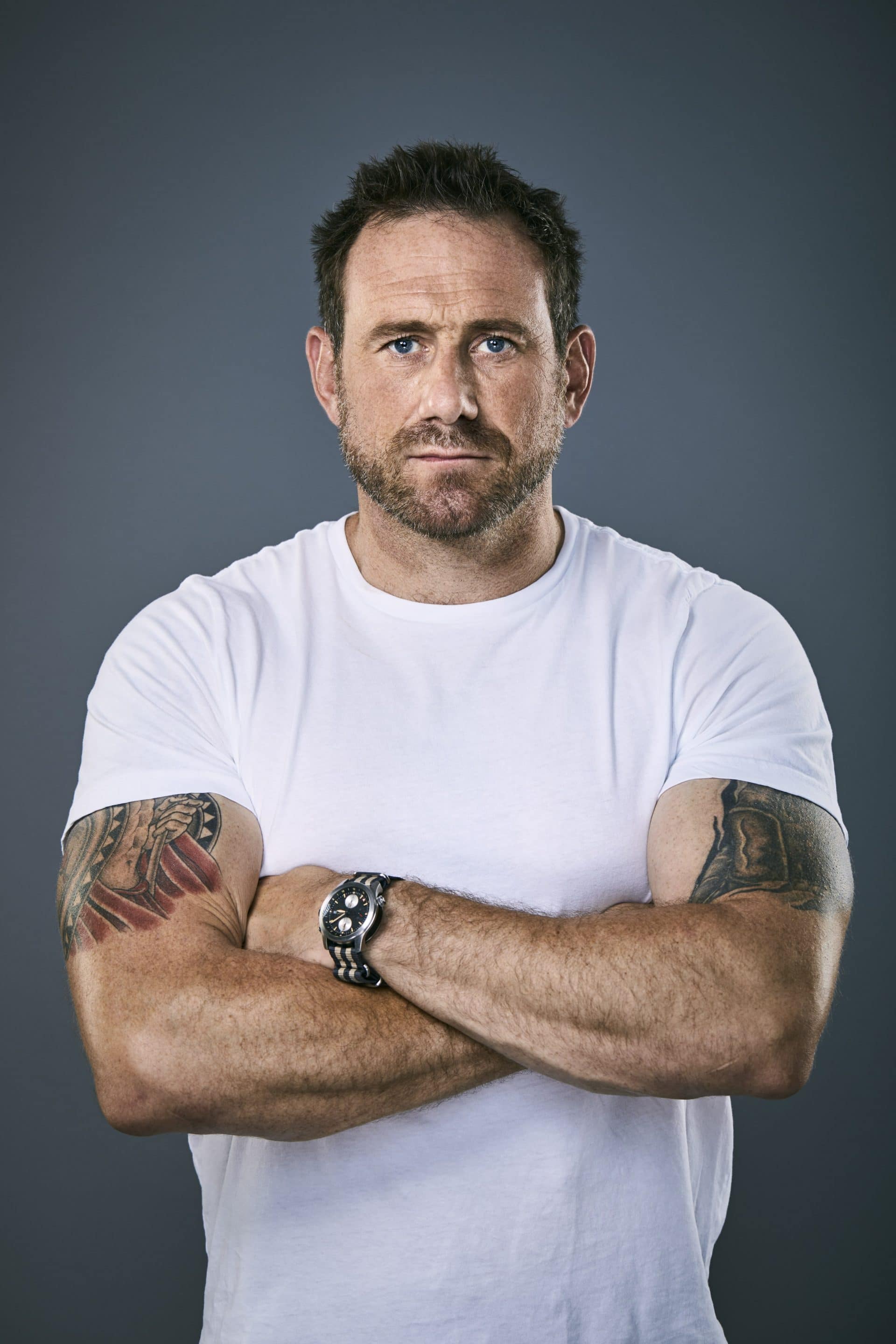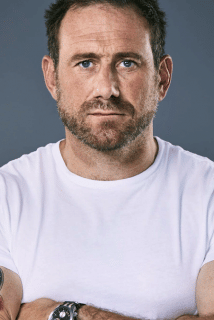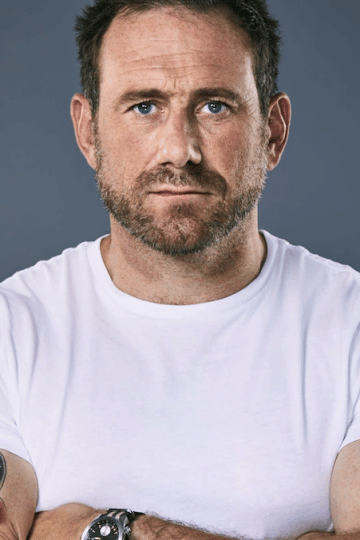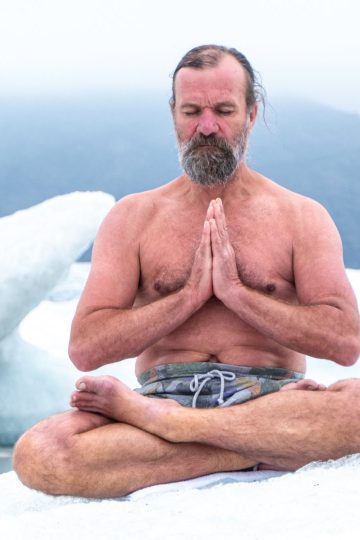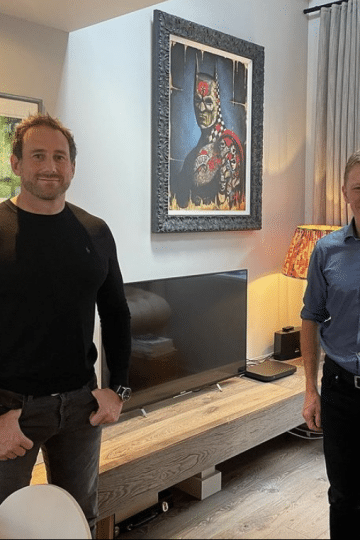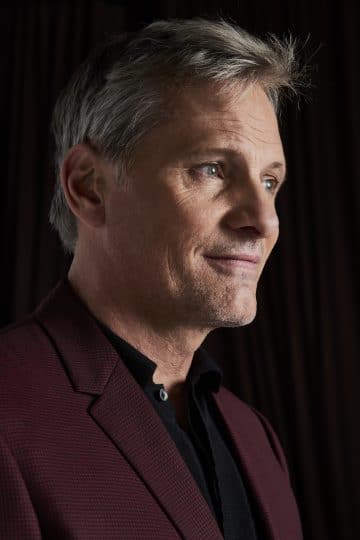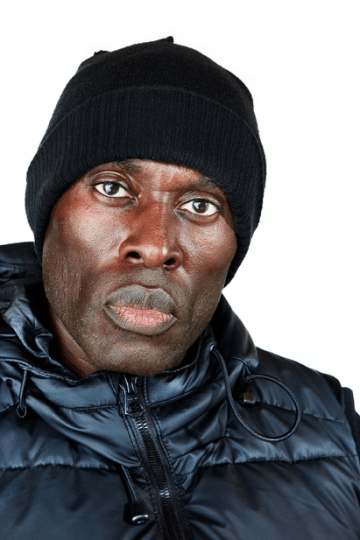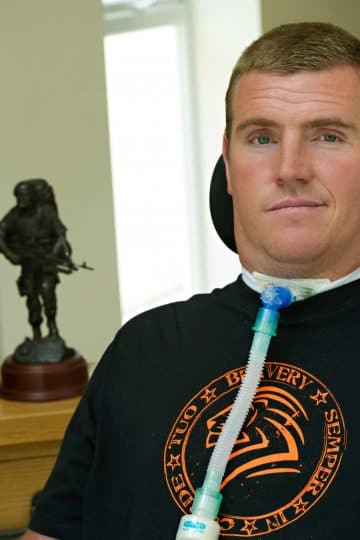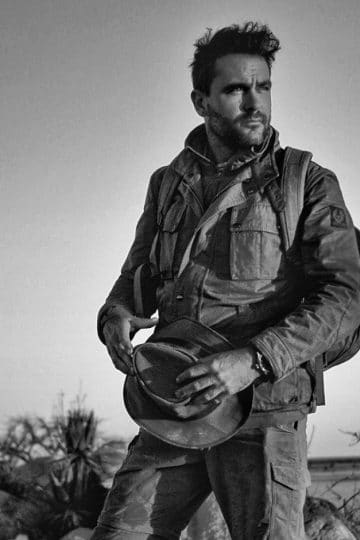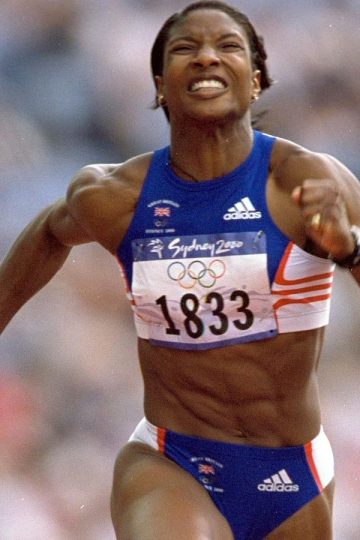Jason Fox – Life Under Fire extract
Jason Fox
Read this section about honesty from Foxy's brilliant new book in which he shares the mental and physical tools he's developed at the cutting edge of a military career - and beyond.
HONESTY ABOUT SELF
Honesty is arguably the most difficult asset to utilize when building resilience because it requires us to ask some rough questions of ourselves – and then answer with some ugly home truths. For example, following on from a failed relationship, it’s sometimes vital we take a long look at our character flaws or our behaviour. It might be that some of the negative traits in our personalities require a little work, especially if we’re to avoid making the same mistakes again. Whatever our screw-ups, it never hurts to take a look in the mirror and ask the question: How did I fuck that up? And how can I un-fuck the problem? But the process can be challenging and destabilizing, as I found out during the aftershocks of my departure from the military.
My life was in tatters. I felt shame at the way in which I left a job I’d loved. I mourned a career that had once defined me as a person and a man. I was caught up in a series of toxic relationships that had destabilized my emotional well-being and I’d cut away the Brotherhood that had played such a valuable part in keeping me positive during stressful times. I found myself in a new job that I hated, where I worked in a role as far removed from my life behind enemy lines as I could imagine. However, instead of accepting my position and looking for ways to improve it, I pretended everything was OK. I bullshitted myself. The cover-up very nearly killed me.
I became so depressed that I contemplated suicide. Luckily, I had second thoughts and there was enough resilience in the tank to keep me going. From there I had to admit some painful facts about where my life was headed. Bloody hell, the process still plays on my mind because it was so painful, but if I’d avoided the tough questions I wouldn’t be around today. In a brutally honest assessment, I looked at all the situations that were affecting me negatively and worked to turn them into positives.
Having accepted I was on the verge of suicide, I worked with friends to find a therapist who was suited to my personality and issues. Luckily, I was able to locate one pretty quickly. I cut away some of the toxic relationships that were taking place in my life, because they were dragging me in the wrong direction. It might have appeared to some of the people involved that I was being selfish or extreme, but I needed to change my situation for the better. (And throwing myself into the sea would have been a far more selfish act than breaking away from certain friends and partners.) Figuring out which parts of my old job I’d enjoyed, I decided I wanted to work outdoors; I needed to challenge myself physically while helping others, as I had done in service. With my SAS: Who Dares Wins mate Ollie Ollerton, I set up an elite military-style training programme for civilians called Break-Point. I then started the Rock2Recovery project mentioned earlier. By doing so, I bonded with a new brotherhood; thanks to therapy and a process of social rebuilding, I was then able to reconnect with my old circle of friends, without shame or embarrassment.
Sounds easy on paper, doesn’t it? Well, it wasn’t. But with time, like the phases on Selection, my honest self-assessment, while difficult, became doable. The hardest part was the first step: I was truthful about myself. It’s a very human response not to want to endure pain, but like my life in the military, I needed to become comfortable within an uncomfortable situation. I admitted that my life was in a shit state and that a lot of my problems were self-made because I’d allowed myself to fall into a negative mindset. Yes, I’d been suffering from PTSD, which was a natural reaction to living an extreme life with the armed forces, but I’d believed, wrongly, that there was a stigma attached to my condition. And so I covered up my problems rather than talking to my old friends from the military, lads who would have expressed empathy for my pain. (I know this because when I reunited with them again at a party a year or so later, they were understanding and accepting.) Therapy helped me to come to terms with all of that.
I was then honest about my purpose. Once I’d been lucky enough to get a job on SAS: Who Dares Wins, I decided to use the platform as an exercise in honesty. I opened up about my mental health issues on TV and in media interviews, hoping it would help others to recognize any problems they might have too. I also detailed my struggles in Battle Scars. I’ve since been approached by men and women from all walks of life who have explained how the writing encouraged them to ask some painfully honest questions of their own. A number of them were military; others had been affected by a different type of trauma. Being able to help those people in some way gave me a sense of purpose.
Of course, there were regrets about some of my behaviour; I wasn’t particularly proud of certain things I’d done in life. I’m human. All of us have made mistakes and nobody’s perfect. But by being honest I was able to at least right some of the wrongs I’d committed and eventually my day-to-day life became easier. The changes didn’t take place overnight, though, and there was always plenty of hard work ahead – there still is – but gradually, more and more positivity arrived in my life.
Honesty had become a part of the recovery process.
Following the first season of SAS: Who Dares Wins, after I’d admitted my breakdown to a large TV audience, I was asked whether I was worried about the public perception of me.
I thought, Why the fuck have I got to worry about how people see me now? I’ve laid it all out there. I don’t need to stress about putting up a make-believe bravado to feed my ego. My cards are on the table. I’ve said: ‘This is me.’ I’ve nothing to hide any more.
The emotions and circumstances that had led me to rock bottom weren’t unique. And not everybody needs to reach their lowest point to benefit from this process. Some people keep missing their work or personal targets without ever realizing why, but brutal self-honesty is a great way of shining a light on our weak spots.
None of us are bulletproof, either; all of us can be broken by life, often when we least expect it. Sometimes it only takes one shove. I’ve heard of people whose successful businesses were ruined by a negative relationship with alcohol. They lost their driving licence following a drunken offence. Unable to use the car, their livelihood went down the pan. In the wake of financial collapse, their home, family and prospects disintegrated until they were left with only the bare bones of a life. In other cases, perfectly natural events have sent people into a spin. Recently, a psychology student got in touch, having heard about my struggle with mental health problems. She wanted to use my story as a case study. During a phone call the student then explained how she’d followed a similar path to mine, having suffered from post-natal depression. Apparently she’d had a grim time of it. Just as a gunfight too many had triggered my step towards the edge, so childbirth had broken her.
Regardless of the cause, it takes a resilient mind to handle emotional turbulence successfully, but there are many ways to cope. During a life-altering experience, such as the diagnosis of a chronic illness, if a person has been brutally honest about the changes to come, there’s a good chance they’ll be able to manage the process more effectively. They may even have put one or two coping mechanisms in place to help themselves, such as a regular social event or a support network they can call upon. Denial during these periods can occasionally prove problematic, mainly because the shock of such a huge lifestyle shift is pretty overwhelming. I soon realized that my mindset in the fallout of leaving the military hadn’t been too dissimilar to what many other people go through when they lose their job, or when they break up with a partner. I’d been deluding myself.
My new life was a jolt.
I certainly wasn’t honest prior to being medically discharged with PTSD. It was set to be a life-changing moment and I ignored the truths about my new reality. I didn’t ready myself; I lived the lie that I’d be experiencing a new beginning where everything was going to be cool once I’d woken up on my first day outside of the military. I hadn’t considered the drastic changes to my identity and day-to-day routines because I was scared to acknowledge them. It was hard for me to imagine that I’d become completely lost. The inevitable shift, when it arrived, was difficult to cope with at first.
What I needed was to be honest, and it was a lesson I’ve since learned the hard way. These days, if ever I’m asked for advice, or whenever a new intake at Rock2Recovery has asked me for help, I often use the same line: honesty is everything.
‘The best way for you to look at this situation now, as hard as it is, is to see that you’re on a positive journey,’ I’ve explained. ‘At some point, you’re going to find a new you. But – and there is a but – you’ll have to be honest with yourself first.’
There are people who will always play the victim. They want everything to be fixed for them, rather than by them, and that’s fine. But they’ll never really get to the bottom of what’s breaking them down or weakening their chances of success, because without honesty they’ll remain blind. The first step towards really resolving whatever issues have taken a person to breaking point – such as underlying feelings of rejection, failure, grief, anger, fear or resentment – or have caused them to miss their targets, is to self-assess during a period of brutal truth. It’s not easy. In fact, it can be bloody horrible. I know, because being truthful with myself was such an excruciating moment. But once it was done I was able to piece my life together and grow. I’d understood exactly what I needed to do.
While this might sound like a tricky process at first, one effective way to kick-start an episode of long-term change is to answer some pretty difficult questions – with unflinching honesty. What those questions might be is completely down to you. However, the clue to their validity lies in the process. If they’re uncomfortable, then they’re probably on point. They might include the following:
• Am I happy – really ?
• What’s my purpose?
• Does my partner bring out the best in me?
• Where or when am I most fulfilled?
• If there were no financial pressures, expectations or rules, what would I do with my life?
• Fear or purpose: what drives me on?
Don’t mess about. Get a pad and paper, then figure out your own questions and answer them ruthlessly. The process will give you clarity. It will also shove you in the right direction towards rethinking your position, whatever that might be. A greater understanding of the situation will follow afterwards.
Foxy’s book Life Under Fire recounts stories of military operations and expeditions that have tested him both mentally and physically and shares the tools he’s developed at the cutting edge of an elite military career and show how we can all build the resilience and inner strength to overcome whatever challenges life throws at you. Buy it here.
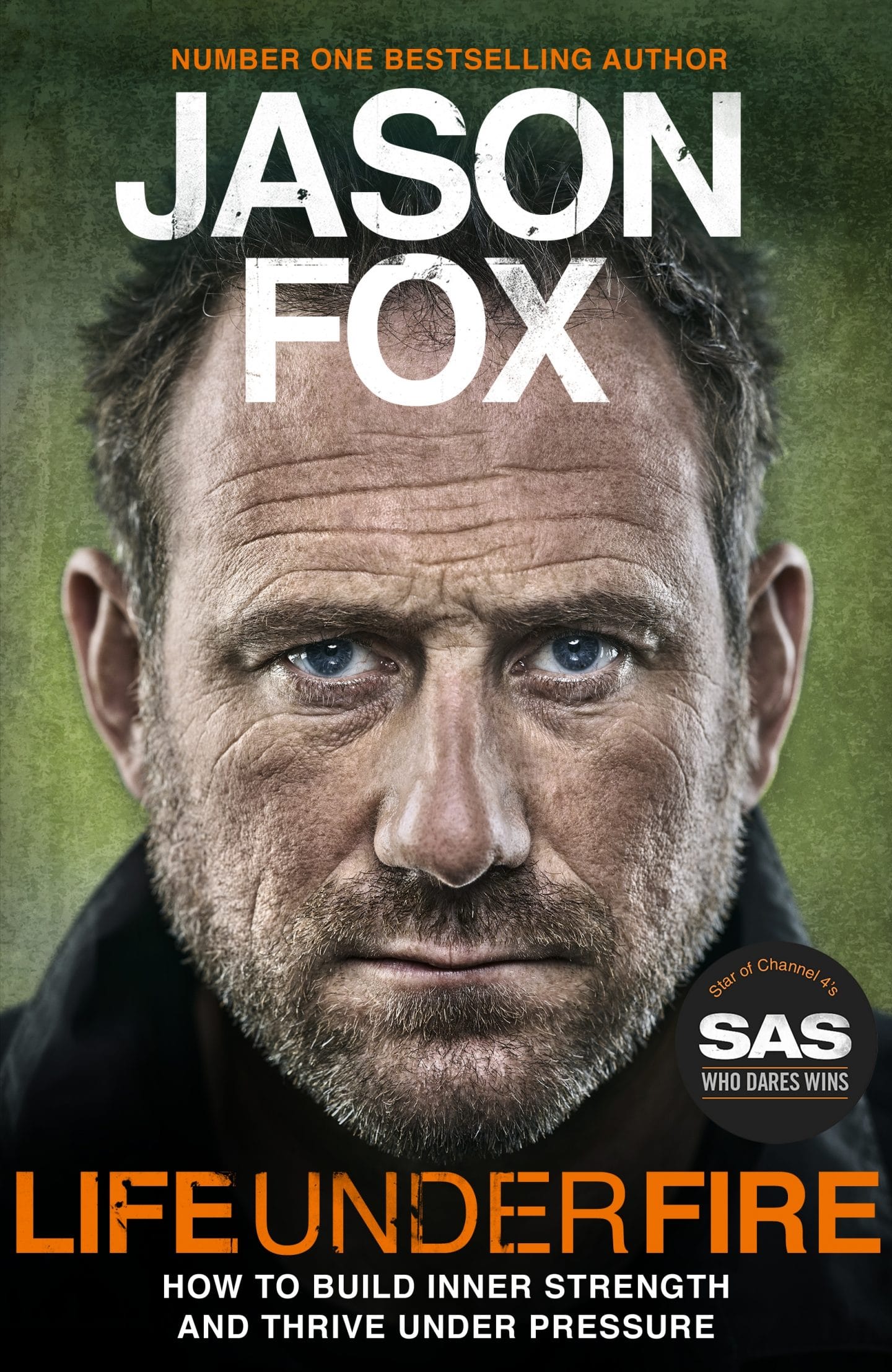
Trending

Join The Book of Man
Sign up to our daily newsletters to join the frontline of the revolution in masculinity.




